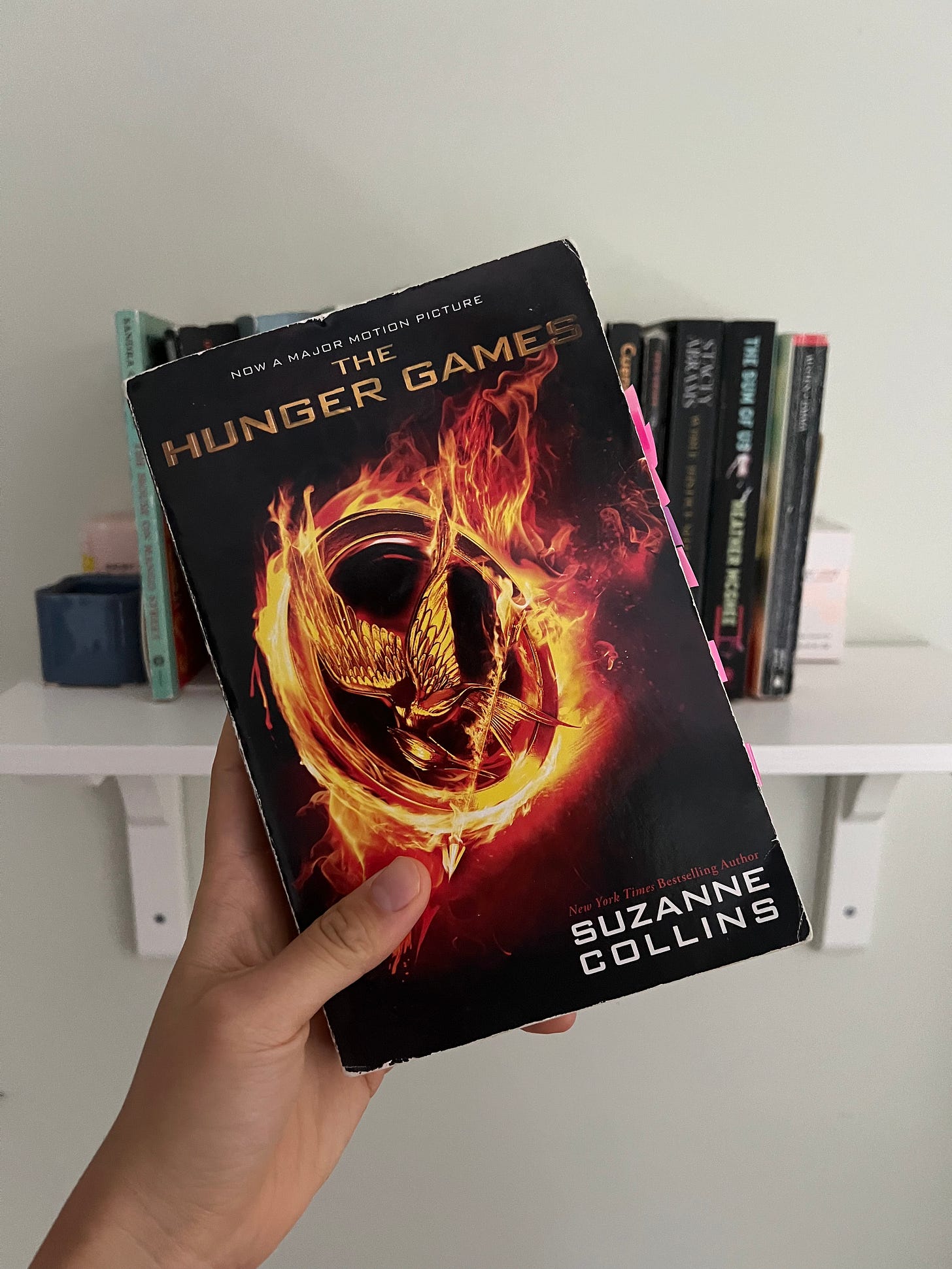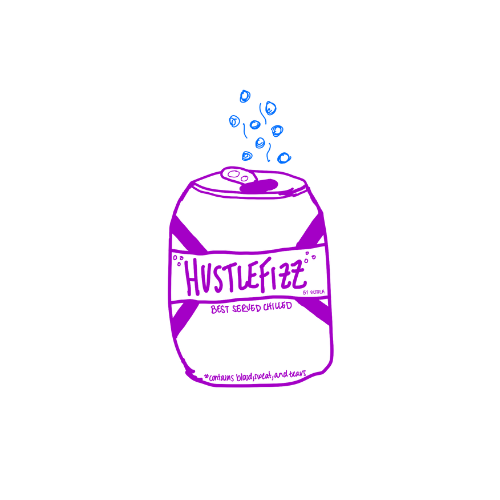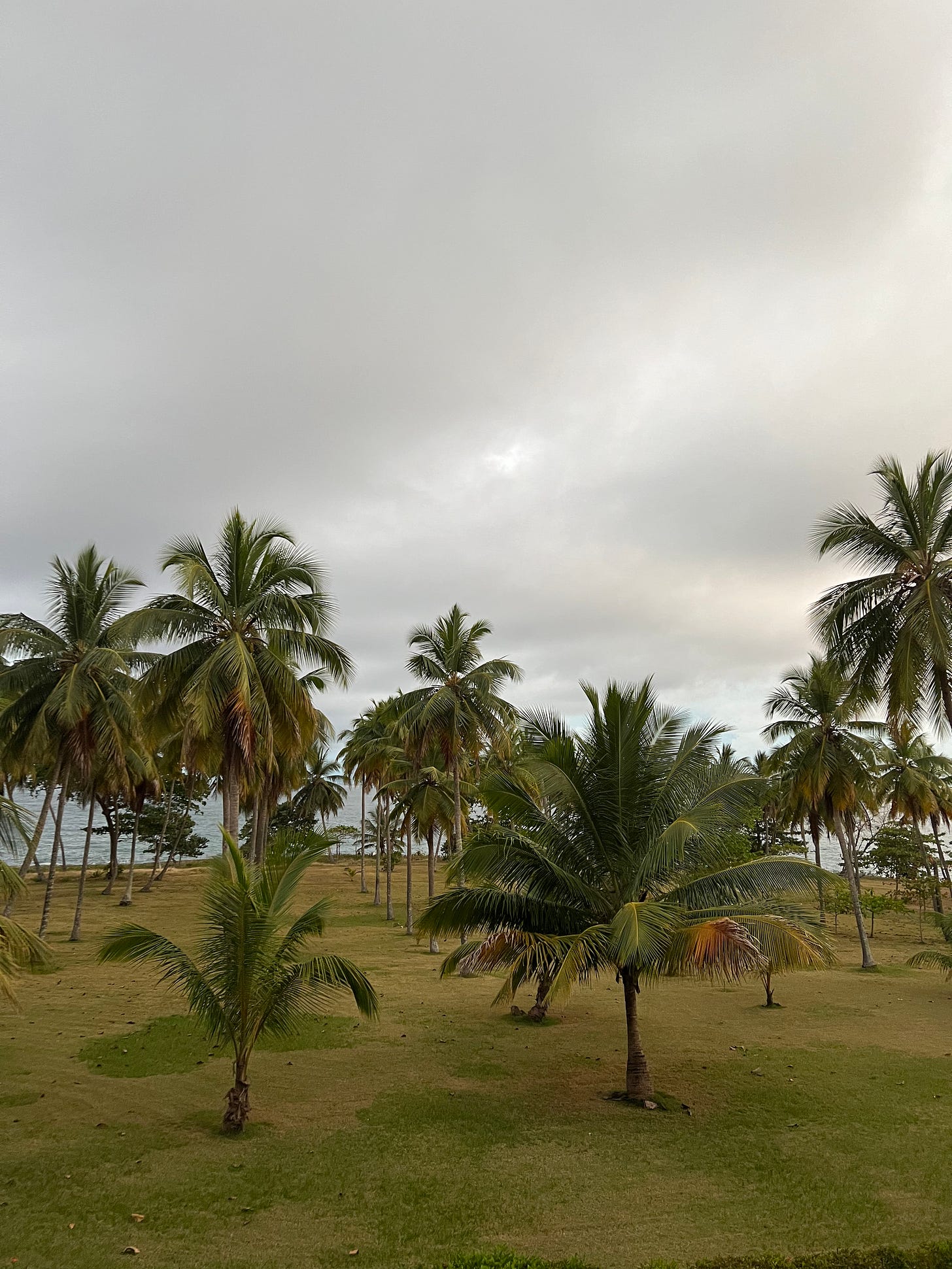Elementary school was a intense, but middle school was sobering.
I can’t remember if it was before or after recess, but I recall the first time I learned about the Atlantic Slave Trade, passing around photos of Black backsides criss-crossed with scars, learning about Narrative of the Life of Frederick Douglass (too young to read it ourselves). My eleven year old body stilled, as I realized we were talking about something serious.
I’d learned about segregation and the Civil Rights Movement before, but this was the first time I’d learned about slavery. Class clowns faded to silence. History was taught by a white woman, who, as I reflect now, was likely only in her late twenties. She was in charge of the track team. I recall thinking she was very pretty and wishing I looked like her.
I lived in a Maryland suburb back then, and classmates both Black and white sat around me. There weren’t many Asian students at my school —in the places I attended, there rarely have been— but, that never explicitly bothered me. Even so, the latter part of my hyphenated identity “Asian-American” nagged at me. I heard echoes of my place in “America” reverberating within the term “African-American.” As a kid, for a whole host of reasons, some good, many sad, I felt a great sense of patriotism. If the United States was built on Black labor, to be “American” meant learning about Black history. I wanted to prove my American identity, and so, I paid extra attention to the slavery unit in history class.

What I learned devastated me and turned me fearful. “Be on the right side of history. We learn about the past, so we do not repeat our mistakes in the future.” These were lines said in class, although we spoke like these historical events were one-off flukes in the system. Regardless, I took this message seriously and ran circles trying to understand how one discerns “the right side of history” when surrounding societal rhetoric tells them backwards messages? “Even villains believed they were right,” I thought. Plaguing me was the question: would I have stood up against slavery?
As a fifth grader, I couldn’t answer that question with certainty. Deep down, I feared the answer was “no.” I was quiet, shy, and anxious. My personality didn’t reflect the fiery ‘courage’ displayed in the adventure books I read, the type of courage I thought was necessary to rebel against oppressive systems.
At twenty-one, I am more sure of my values than at eleven, and I’ve evolved to become more brazen while simultaneously appreciating the value of patient discernment. My self-perception has evolved dramatically, largely in part due to my Humanities education. Yet, although I am an English minor, I am also a Business major.
What first prompted this reflection was my class’s trip to the Dominican Republic to discuss the intersection between politics and business. Our discussions with local NGOs and activist groups largely centered on DR-Haiti relations, as the country next door increasingly disintegrated into chaos. The domestic corporations we toured employed Haitian labor, housing them in “bateyes,” local, dilapidated “shantytowns” where Haitian sugarcane cutters were housed. The poor living conditions and unfair labor practices were heavily discussed by local officials and our class. As we walked around these bateyes, each one was named a number, somewhat reminiscent of the “District” rhetoric used in The Hunger Games. I visited Batey 8, or was it 11? It felt weird ogling at the impoverished conditions.
In the fifth grade, we labelled the events of slavery as “unimaginably cruel.” As I write this piece, I am not so sure the “unimaginable” part is true. We haven’t gotten more moral as a species, rather policy safeguarding against cruelty has gotten stronger and culture has evolved. The evil forces which drove slave practices did not cease to exist with the outlawing of chattel slavery, rather they simply burrowed underground, relentlessly searching for new outlets. It is our job to recognize these forces, track them, and ensure they are confined.
Too often, we believe actors from the past are an alien species, stupider, crueler, weaker than ourselves. Our hubris causes us to alienate ourselves from history’s horrific events. I do not know if this distancing is intentional or not. We tend to confine slave owners to a unique type of evil, contained to their era and utterly out of place in our society. This may be true, but only because our society has new norms. Fragile norms. If the context of the 1800s was transcribed into today’s world, our neighbors, coworkers, maybe even ourselves, would assume the roles we vehemently admonish in history books.
It’s easy to stand on “the right side of history” when you’re looking in hindsight. Yet, the same moral scrutiny we apply to historical cruelty should also be applied to the businesses and people of today. Slaveowners are not unique in their immorality, and their plantations are not unique in their amorality. After all, reduced to their job titles, weren’t slaveowners also business executives, and their plantations, profit-making enterprises? What could be more profitable than free labor?
Both public policy and personal responsibility are tools for ensuring the grinding practices of capitalistic enterprise do not pulverize the vulnerable, do not hypnotize the common man.
Pointing out the grinding nature of enterprise is not a criticism; it’s simply a fact. Can we fault a tempest for drowning a ship? On this trip, the relationship between business and policy final clicked. It is the nature of business to race to the bottom; it is the duty of policy to push back; and it is the role of culture to pin these forces into place.
Admittedly, this oversimplified view of the system often fails in practice, and the roles of each are entangled, yet, the theoretical obligation of policy and the roles of social norms are to protect. That’s why, the overturning of Roe vs. Wade, the invasion of Ukraine, Gaza-Israel, are terrifying. We realize just how fragile peace is, and just how thin the layers of protection, cultural norms, against wrongdoing really are. The safeguards of policy are only as strong as the people who uphold them. People are fallible.

Although businesses are amoral, people are not. As business students and later executives, our morality gets absorbed into the business interests of the corporation we serve (I use that word ‘serve’ intentionally). This dissolution of our personal ethics into our career, particularly for those immersed in ‘hustle culture,’ is arguably inevitable. If we place our self worth in the prestige of the businesses we work for, the business interests of these companies seep into our personal values. That’s a scary thought.
Much of the flawed morality exhibited in horrifying historical events and systems are reflected in today’s society. I have met plenty of people who are complicit in wrongdoing. Am I one of them? Once or twice, I’ve also met a person who relishes injustice, squeezing out every drop of oppressive power to feed their egos; I shudder imagining those folks existing in different eras of history. But, I have also met many people who stand up for what’s right, and course correct when they make mistakes, people who want to further the interests of those beyond themselves. The best way I’ve found to ensure I “end up on the right side of history” is surrounding myself with this latter category with the hope that our attitudes towards life build upon each other.
“We learn about the past to ensure we don’t repeat our mistakes in the future.” The biggest mistake we can make as a species is assuming we are incapable of committing the evils of the past over again.
Any enterprise not backed by human morality leads to destruction and exploitation. It’s the function of a bulldozer to destroy, but it’s the responsibility of the operator to control and channel the machine’s power. Ultimately enterprise itself cannot be blamed for injustice, rather that burden falls on human beings, and, perhaps relevant to the current technological age, human beings alone.
As business students, we often like to think that our humanity and the business interests we serve are disparate. This narrative is comfortable, pacifying. I don’t fault people for adopting this logic; at times I do so as well. It’s only half true. I don’t believe working for a certain corporation inherently makes one a bad person, however I do believe not deeply considering the ethics of a corporation makes one complacent. Sometimes it may be necessary to engage with these corporations in pursuit of larger goals, but we shouldn’t kid ourselves into thinking we’re “doing good.” The first step of being brazen is having awareness. The ability to identify injustice insulates one from getting sucked into a corrupt system and offers the opportunity for agency where it previously seems nonexistent. Part of this process is disentangling self-worth from professional prestige.
Today’s people aren’t better or worse than our ancestors. To think so would be a gross mis-estimation. The forces of evil, many of which were profit-driven, which reared their heads in eras past are still pervasive. By honing our ability to recognize these forces, rather than blindly barreling towards superficial means of success, we retain the power to wrangle the aggressive brawn of hustle culture (a training mechanism for corporate America) to promote good.





